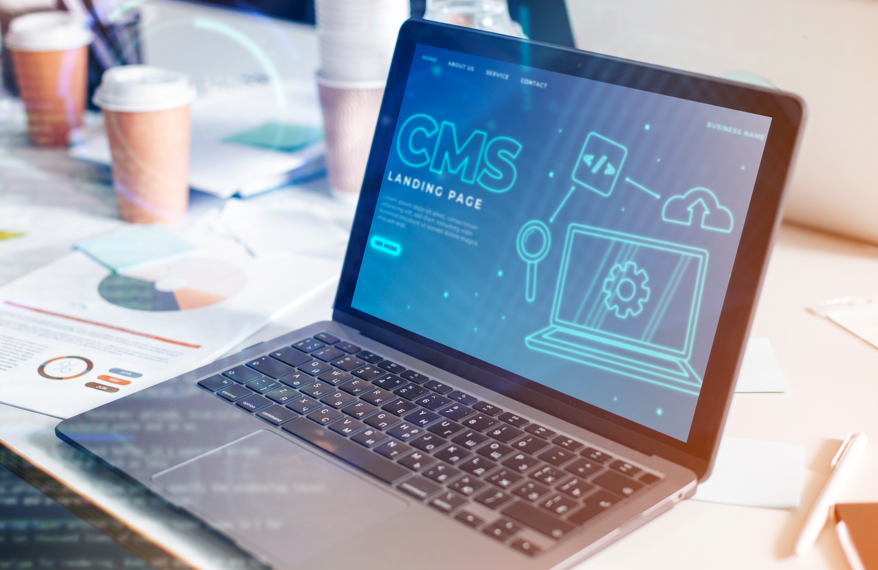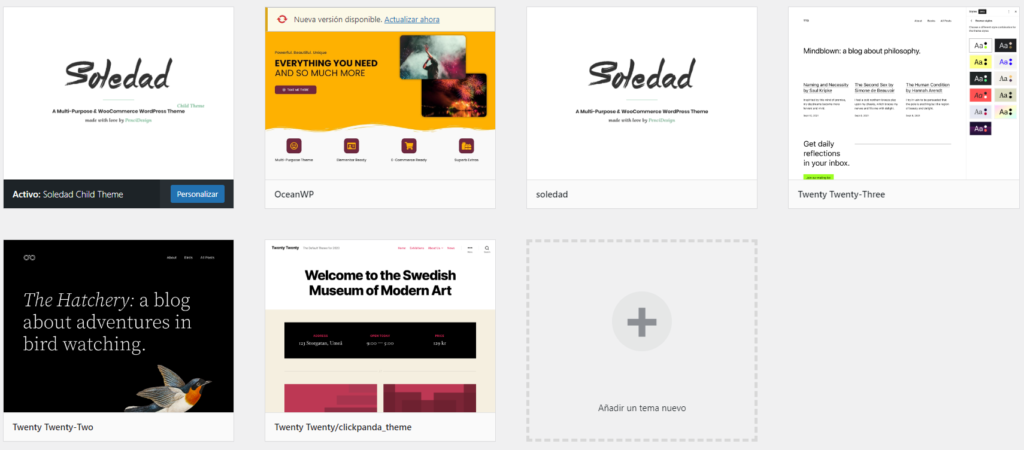
When it comes to websites, speed is everything. User experience, search engine rankings and visitor retention all depend heavily on how fast your site loads. In the WordPress world, optimization is key to faster and more efficient hosting.
Choose the right hosting
It all starts with choosing the right hosting provider. While shared hosting plans are attractive for their cost, if you expect significant traffic, you may want to consider more robust options. Virtual private servers (VPS) and managed WordPress hosting offer dedicated resources and better performance.
If you are looking for a quality hosting that meets these requirements, we invite you to know the web hosting services we offer at ClickPanda.com. Our team is ready to help you boost the speed and performance of your website.
The importance of the subject

The WordPress theme you choose can make a big difference in the speed of your site. Opt for an optimized, lightweight theme that doesn't load your site with unnecessary features. Minimalist themes are usually faster and offer a blank canvas to customize to your needs.
Image optimization
Non-optimized images are one of the main reasons for website slowness. Take advantage of image compression plugins to reduce the size of your image files without compromising visual quality. This simple action can have a significant impact on the loading speed of your site.
Minimizing and merging files
Minimizing and combining CSS and JavaScript files is a powerful technique to reduce the amount of requests to the server. Cache optimization plugins, such as W3 Total Cache or WP Super Cache, automate this task by consolidating and compressing these files.
Take advantage of the browser cache
Setting up browser caching allows users to cache your website resources in their local browsers. This means that when they return to your site, items will not be re-downloaded, which will speed up page loading.
Uses a content delivery network (CDN)
A CDN distributes your website content to servers located around the world. This reduces latency and speeds up page loading for users in different geographic regions. By leveraging a CDN, you can ensure fast access to your site from anywhere in the world.
Keep everything up to date
Keeping your WordPress installation and plugins up to date is essential. Updates include not only new features and security fixes, but also performance improvements. An updated website tends to be faster and more secure.
Optimizes the database
The WordPress database can accumulate unnecessary data over time, such as old post revisions and unwanted comments. Use database optimization plugins to remove these superfluous items and reduce the size of your database. A smaller database speeds up queries and improves performance.
Limits the use of plugins
Every plugin you add to your website can affect its performance. Review your list of plugins and remove or deactivate those that are not essential. Use only the ones you really need to keep your site efficient.
Test performance
Finally, it is important to evaluate the performance of your WordPress website. Tools like Google PageSpeed Insights or GTmetrix can provide you with specific suggestions for improving loading speed. Use these tools to identify areas of improvement and further optimize your site over time.
Optimizing WordPress for faster hosting is an ongoing process that requires attention and effort, but the benefits are significant. A faster website improves the user experience, attracts more visitors and ranks higher in search results. Spend time optimizing your site and you'll be on your way to faster, more efficient hosting.






